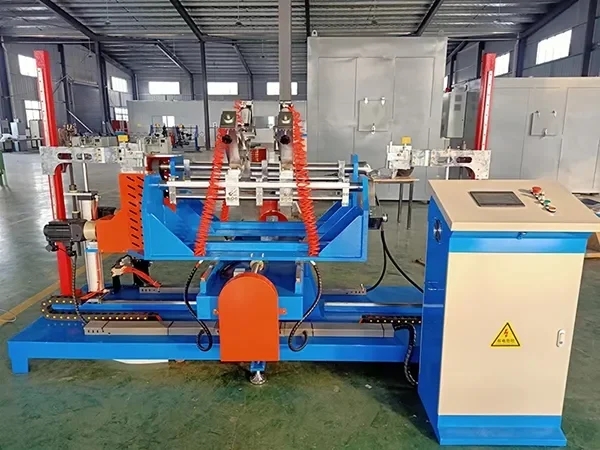
Transportation has become an essential part of modern society. It has revolutionized the way we live, work, and travel. However, the impact of transportation on the environment has become a growing concern. In this article, we will explore the pros and cons of transportation on the environment.
Pros:
- Transportation is essential for economic growth. It enables the movement of goods and services, which is crucial for businesses to thrive. This, in turn, creates jobs and boosts the economy.
- Transportation provides mobility for people. It allows us to travel to work, school, and other places. This enhances our quality of life and provides us with more opportunities.
- Transportation has led to technological advancements. It has spurred the development of more fuel-efficient vehicles, which reduces emissions and helps to protect the environment.
Cons:
- Transportation is a major contributor to air pollution. Vehicles emit harmful pollutants, such as carbon monoxide, nitrogen oxides, and particulate matter. These pollutants can cause respiratory problems and other health issues.
- Transportation is a significant source of greenhouse gas emissions. These emissions contribute to climate change, which has far-reaching consequences for the environment and society.
- Transportation can lead to habitat destruction and fragmentation. Roads and highways can disrupt ecosystems and cause harm to wildlife.
Conclusion:
Transportation has both positive and negative impacts on the environment. While it is essential for economic growth and mobility, it also contributes to air pollution, greenhouse gas emissions, and habitat destruction. To mitigate these negative impacts, we need to promote sustainable transportation practices, such as using public transportation, walking, and biking. We also need to continue to develop more fuel-efficient vehicles and invest in renewable energy sources.





